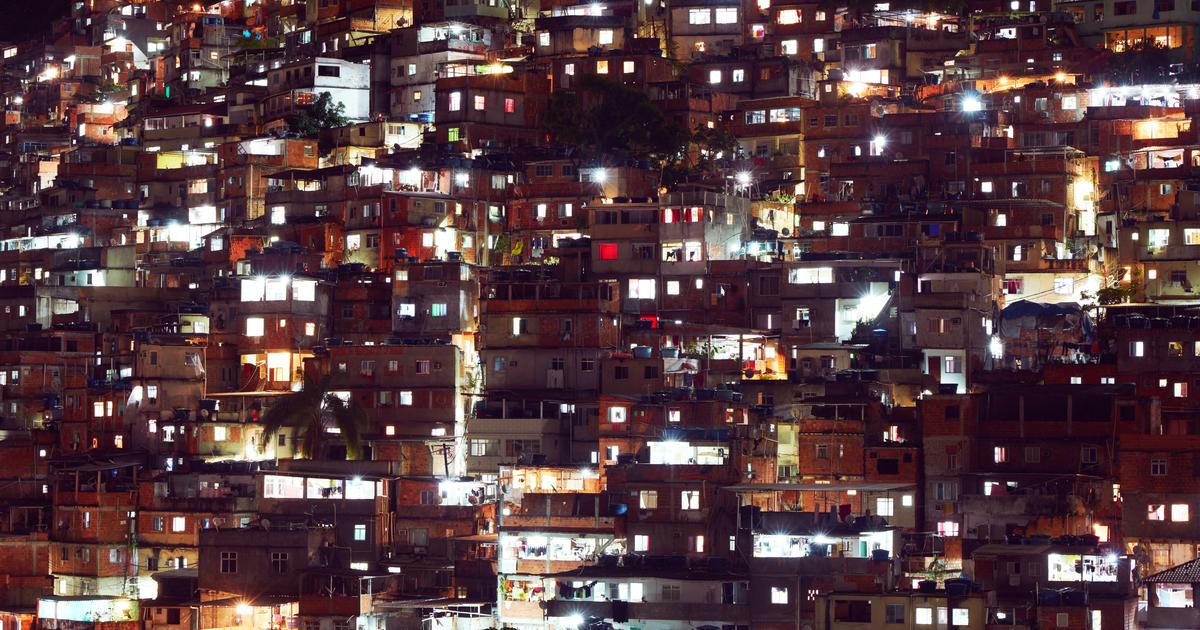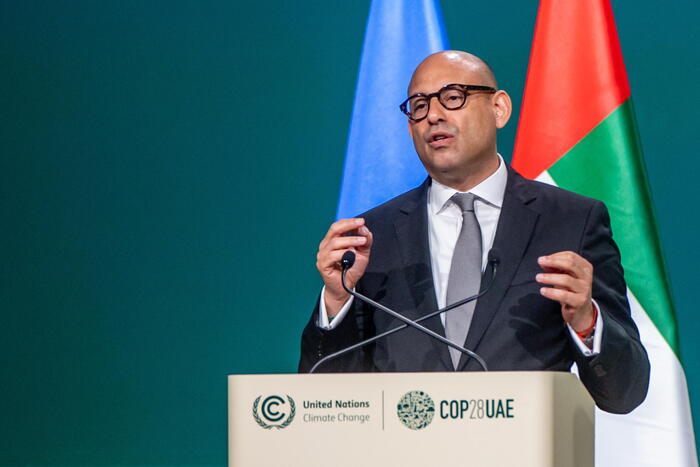The 20 largest economies on the planet have reiterated this Sunday their commitment to make covid-19 vaccines accessible to all countries and extend their plan to alleviate the debt of the poorest until June 2021. After two days of organized telematic meeting For Saudi Arabia, the G20 summit has however disappointed the expectations of those who demanded the cancellation of this liability, at least for the fifty nations that are in a more delicate situation.
Its members are contemplating, however, extending the payment exemption for another six months, pending how the economic recovery evolves.
"We are committed to putting into practice the Debt Service Suspension Initiative (ISSD), including its extension until 2021, allowing those countries eligible to do so suspend the payment of interest on official bilateral debt," states the final statement of the top.
The forum also assures that it will extend the measure another six months if on that date "the economic and financial situation requires it."
According to the document, as of November 13, 46 countries had requested to benefit from this possibility, which means delaying the payment of 5.7 billion dollars (about 4.8 billion euros) of principal and interest that were due this year.
Various voices, including the President of the European Council, Charles Michel, consider it insufficient.
"More debt relief is needed," he declared before the summit, referring to the need to waive these burdens on less developed countries.
Critics also consider that the framework is too limited: it applies only to those who request aid, they submit to the prescriptions of the International Monetary Fund and demonstrate that they cannot pay their debt.
Furthermore, it does not reach the private creditors who hold almost a fifth of the foreign debt of the 73 poorest countries.
In fact, six countries have defaulted on their bonds this year (Zambia, Argentina, Belize, Ecuador, Lebanon and Suriname).
Another 38 have credit scores that indicate their inability to meet the payments that await them in the coming months, a situation that the ISSD can hardly solve.
The final declaration of the Riyadh Summit includes a list of the challenges facing the planet after the pandemic: health, economic recovery, fight against inequality or ensuring a sustainable future.
The measured technical-diplomatic language tries to convey that there is consensus in the diagnosis, however, the statements trust their development to previous organizations and agreements.
In its 12 pages, there are few measures or new proposals.
Even on the subject that has inevitably been the central axis of the meeting: the fight against the pandemic.
"We are not going to spare efforts to ensure affordable and equitable access [to vaccines]," says the text agreed by the Twenty without explaining how they are going to do it.
During her speech, German Chancellor Angela Merkel announced that the G20 countries will distribute 2 billion doses of coronavirus vaccines around the world.
French President Emmanuel Macron also said that his country will ensure that vaccines reach all countries, especially the poorest.
Since the start of the pandemic, the G20 has contributed $ 21 billion (€ 17.7 billion) to support health systems and vaccine development, but no new funding has been announced.
The European Union estimates that guaranteeing access to the vaccine for developing countries that cannot afford to purchase it will require $ 37.2 billion (€ 31.4 billion).
The statement confirms that "inclusive and resilient health systems are essential to move towards universal coverage", without proposing either ways or models to achieve it.
The section dedicated to the digital economy recognizes that “safe and affordable universal connectivity is essential”, but does not state what will be done to achieve it.
The G20 members assure that they will continue their "cooperation towards a fair, sustainable and modern international tax system" and "accelerate efforts to end poverty and tackle inequalities."
And they do not forget the obligatory mention of the empowerment of women, many of whom have been “disproportionately affected by the crisis”.
His Royal Highness Prince Mohammed bin Salman bin Abdulaziz chairing the second session of the second day of the # G20RiyadhSummit.
pic.twitter.com/UpwkKfO9EW
- G20 Saudi Arabia (@ g20org) November 22, 2020
"It has been an exceptional challenge, but also an honor to hold the presidency during this difficult year," admitted Prince Mohamed Bin Salmán, shortly after his father closed the summit and passed the baton to Italy.
The heir and
de facto
ruler
of
Saudi Arabia, who chaired the second session, has struggled to use the forum to rehabilitate his image, badly damaged after the grisly murder of journalist Jamal Khashoggi at the Saudi consulate in Istanbul two years ago.
The G20 is made up of the largest economies from the five continents: Germany, Saudi Arabia, Argentina, Australia, Brazil, Canada, China, South Korea, the United States, France, India, Indonesia, Italy, Japan, Mexico, the United Kingdom , Russia, South Africa, Turkey and the European Union.
Spain has the status of "permanent guest" despite occupying the 13th position in the global ranking.
In addition, the main international organizations and other countries invited by the host, and among which this year were the United Arab Emirates, Jordan, Singapore and Switzerland, attend the summits of the forum.
The climate opposes the US and China
The weather on Sunday showed the differences between Beijing and Washington.
While Chinese President Xi Jinping asked his counterparts to promote "the full and effective application" of the Paris Agreement, the American Donald Trump defended having removed his country from the pact that he described as "unfair and partial".
Both leaders participated in the parallel conference entitled Saving the planet: the circular economy of carbon.
“The Paris Agreement was not conceived to save the environment.
It was conceived to kill the American economy ”, justified Trump, who the day before he went to play golf after the opening ceremony of the summit and did not participate in the sessions.
The withdrawal of the United States became effective at the beginning of this month, but his successor, Joe Biden, has promised to return to that pact, signed in 2015 by 195 countries with the aim of limiting the temperature increase to below 2ºC.
Xi assured that "China will meet its commitments" to reduce its peak in CO2 emissions by 2030 and be a carbon neutral country by 2060.

/cloudfront-eu-central-1.images.arcpublishing.com/prisa/34MOZGHDHJEP5E6VBCGT5EDDFQ.jpg)
/cloudfront-eu-central-1.images.arcpublishing.com/prisa/GX6T7JPQYZMTYR575K7UVIU6V4.jpg)





/cloudfront-eu-central-1.images.arcpublishing.com/prisa/OVZCGQIPNRCIBCIUUSONZAFQAQ.jpg)





